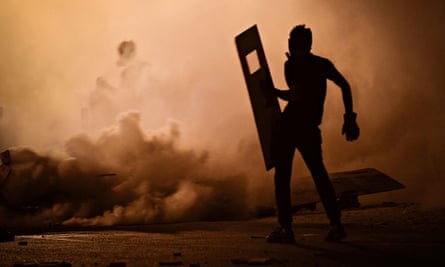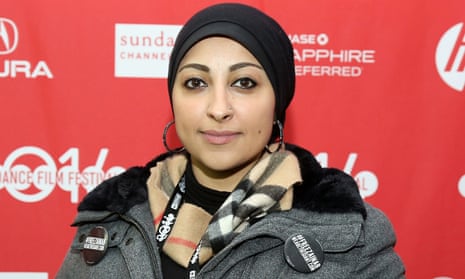On 30 August, the prominent Bahraini human rights defender Maryam al-Khawaja, was detained upon her arrival in Manama, the country’s capital. She risked arrest for the chance to see her ailing father, dissident Abdulhadi al-Khawaja, who is serving a life sentence, and has been on hunger strike since 26 August.
Maryam is now being held in remand at Isa Town prison, charged with allegedly assaulting a policewoman at the airport. She was told that she was also facing charges for leading a campaign called Wanted for Justice in Bahrain (which named government officials responsible for torture) and for insulting the king. A dual Bahraini-Danish national, Maryam’s Bahraini citizenship has now been stripped, according to her lawyer.
At 26, Maryam is the sort of woman that dictators have nightmares about: she is one of the most prominent voices condemning Bahrain’s ongoing human rights violations, which have only continued in the years following a brutal crackdown on popular protests in February 2011.
Maryam’s public face is straightforward, clear and calm, cutting through the regime’s attempts to whitewash its human rights records. The Maryam I know is adept at debating human rights and the ins and outs of Arabic pop music in the same conversation. It’s the qualities that I’ve seen through our friendship that have made me respect her the most: she’s principled, compassionate, tough and stubborn as hell.

We became friends for many reasons – but perhaps one of the most striking connections is the mutual experience of yearning too long for a country built through the memories and idealised pictures painted by our parents. For her, it was the picture of Bahrain built through the eyes of her exiled parents during her childhood in Denmark, and for me it was a feeling of being homesick for Palestine, despite being born and raised in the US.
Maryam moved to Bahrain at 14, and in an essay for Jadaliyya last year, described watching the country she idealised, a “land of a million palm trees” and “pearl divers and Bahraini men in their local attire catching fish”, being brutalised by the greed of its ruling regime, which, “instead of investing in underdeveloped parts of Bahrain, busied itself in moving landmass from certain areas of the main island and dumping it into the sea to create more land space”.
It’s that love for Bahrain that moved Maryam to become an activist, and it’s one of the things that I admire most about her. I remember in February 2012, in the early days of her father’s most high-profile hunger strike, how hard it was for us to get her to stop working and actually sleep. She contemplated risking arrest to fly to Bahrain to see her father, finding it unbearable to be far away from her family during such a difficult time. But she didn’t do it: not because she wasn’t terrified for her father, but because she knew that remaining outside of her beloved country and campaigning internationally was the only way to ensure that the world could understand the repression happening inside of it.
Bahrain’s troubles don’t usually make headlines – perhaps eclipsed by strife in the wider region. But Bahrain enjoys a particularly cosy relationship with the west, particularly the US and UK. It is our duty to hold our governments accountable for being complicit in human rights violations carried out by countries that we are friendly with. And it certainly says something that these are the sorts of people that it throws in jail: the members of a family who have devoted their lives to speaking out against injustice.


